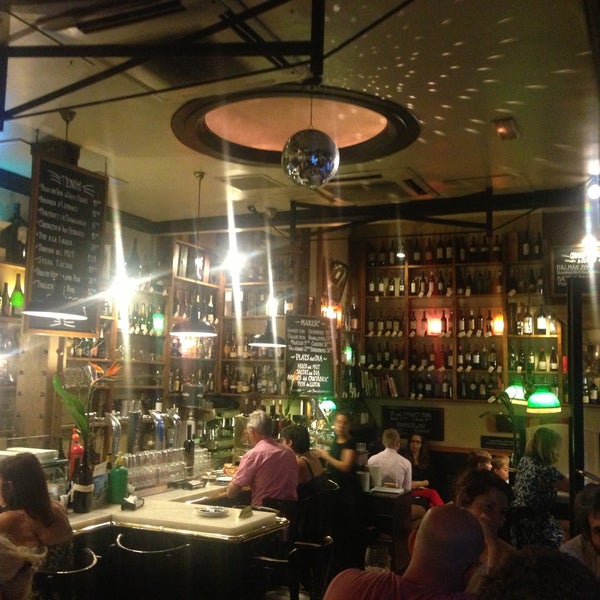Mersin
WELCOME TO Mersin
Province Overview
Mersin
15,853 km2
1,881,963
Turkish
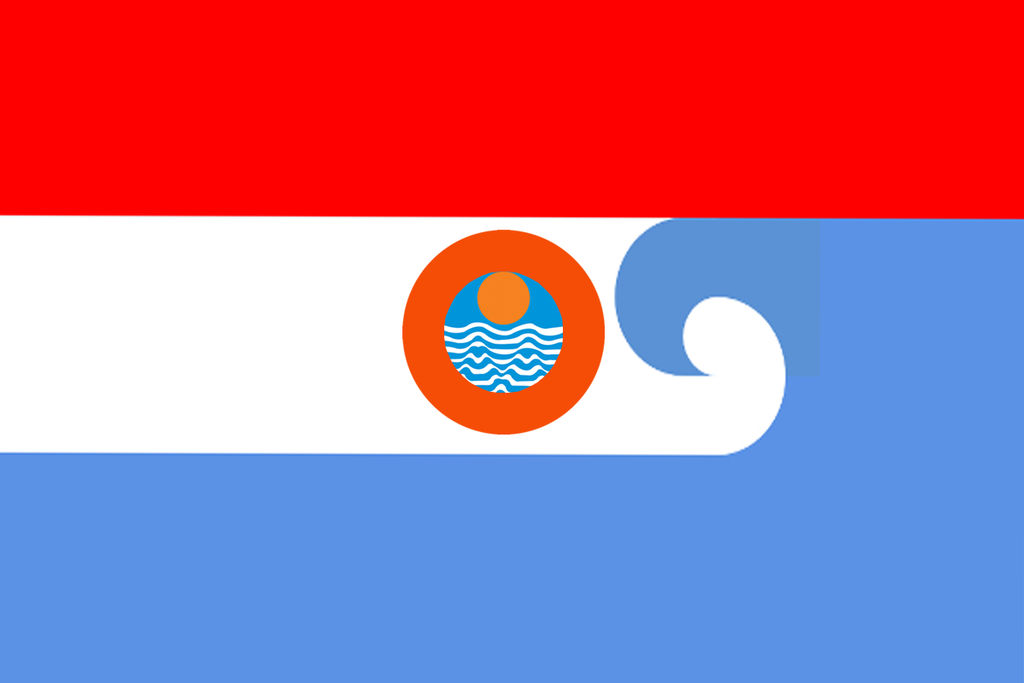
Popular
Geography and Tourist Attractions
Information about the province's tourist attractions, including popular destinations, events, and activities.
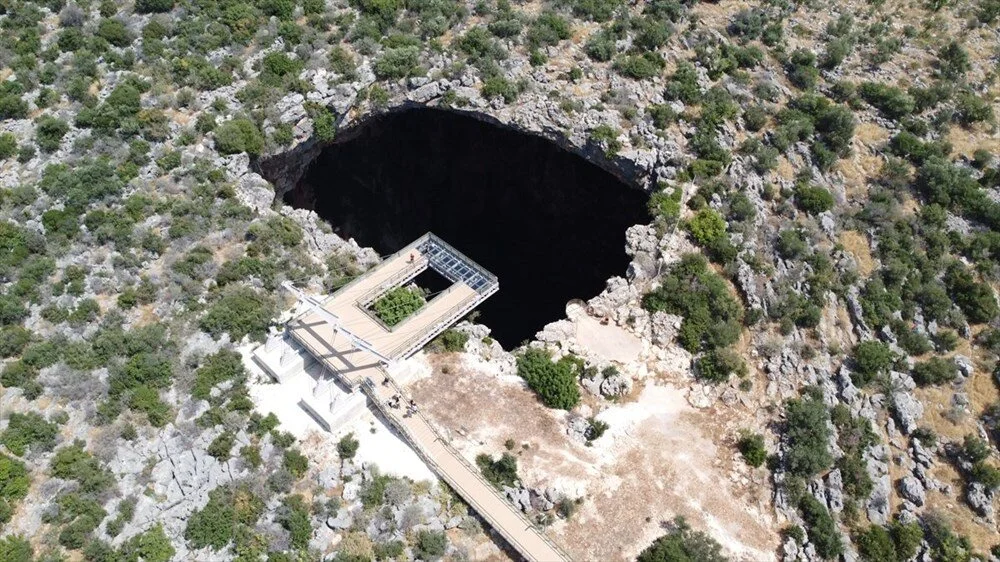
Cennet and Cehennem
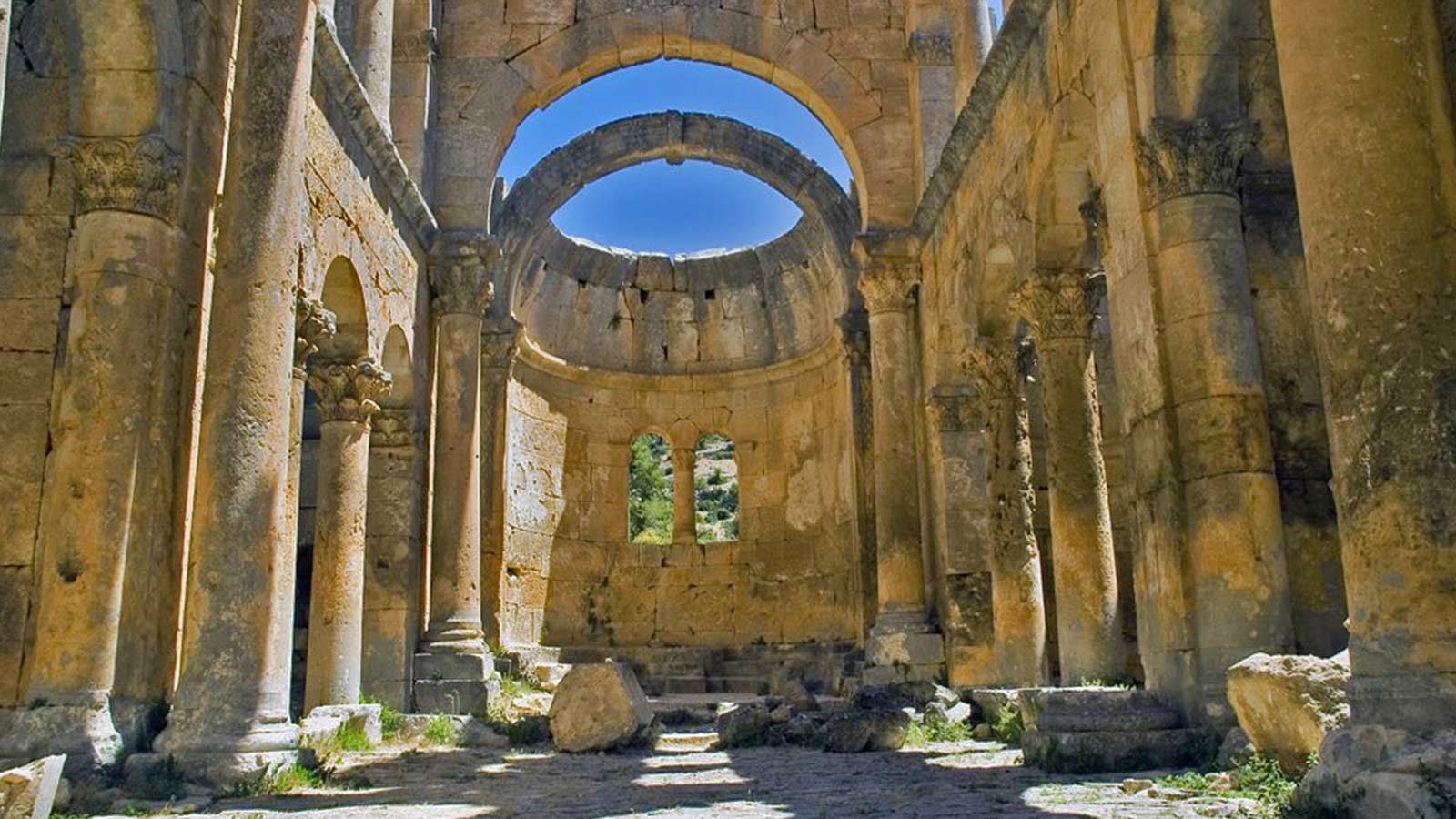
Alahan Monastery
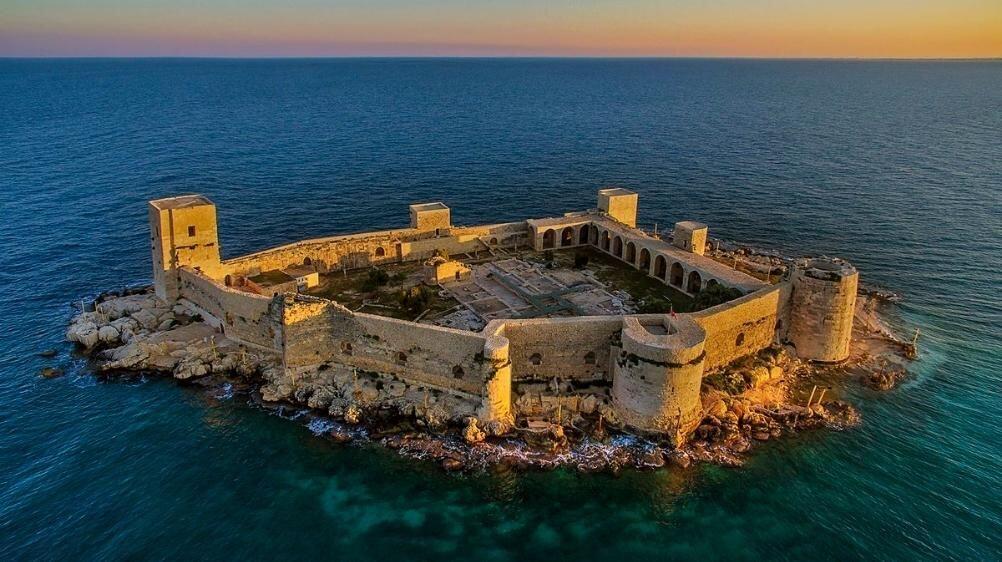
Kızkalesi
Political
Economy and Government
Mersin, a province in Turkey, has a diverse economy and is governed within the framework of the Turkish Republic. The region's economy is characterized by a variety of sectors, including agriculture, industry, trade, and services.
Agriculture plays a significant role in Mersin's economy, with the province being known for its citrus fruits, bananas, cotton, and other agricultural products. The fertile lands and favorable climate support the growth of various crops, contributing to both local consumption and export.
Mersin is also a hub for industry and trade, with several industrial zones and ports. The province has a thriving manufacturing sector, including textiles, food processing, chemicals, and automotive industries. The well-connected ports facilitate international trade, serving as important gateways for both imports and exports.
The service sector in Mersin is another vital component of the economy. The province has a well-developed tourism industry, attracting visitors with its beautiful coastline, historical sites, and cultural attractions. The city of Mersin, as the capital and main urban center, offers a range of services, including finance, healthcare, education, and transportation.
The government of Mersin is responsible for local governance and public services. It works towards promoting economic growth, attracting investment, and improving infrastructure in the province. Additionally, the government ensures the welfare of its citizens and supports initiatives that contribute to the sustainable development of Mersin.
Overall, Mersin's economy is diverse and dynamic, with a combination of agriculture, industry, trade, and services driving its growth. The government's role is essential in fostering economic development and providing necessary services to enhance the quality of life for residents in the province.
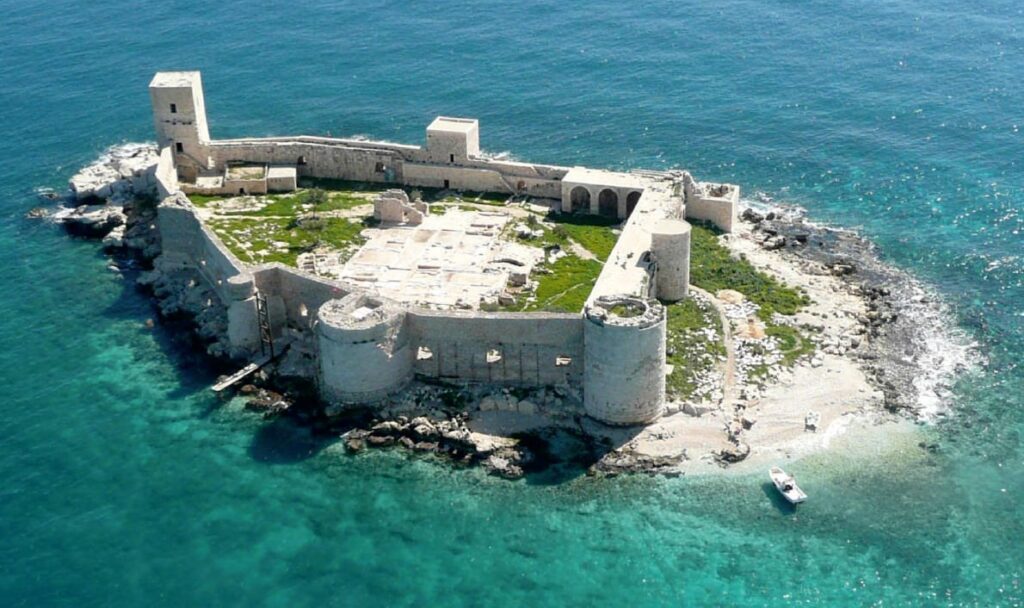
History
History and Culture
The province of Mersin in Turkey is steeped in rich history and vibrant culture that reflects the region's diverse heritage. Throughout the ages, Mersin has been inhabited by various civilizations, leaving behind a tapestry of historical and cultural influences.
Mersin has witnessed the rise and fall of ancient civilizations, including the Hittites, Phoenicians, Romans, and Byzantines. The city of Tarsus, located in Mersin, is renowned as the birthplace of the apostle Paul, adding to its historical significance.
The region's cultural heritage is a blend of traditional Turkish customs and influences from neighboring cultures. Folk dances, music, and traditional arts and crafts are an integral part of Mersin's cultural fabric. Traditional festivals and events, such as the Mersin International Music Festival, showcase the region's artistic talents and cultural diversity.
Mersin's cuisine is also a reflection of its cultural heritage. Traditional dishes include kebabs, mezze, and seafood, incorporating flavors and cooking techniques passed down through generations.
The province is home to historical sites and landmarks that attract visitors from around the world. The Roman-era ruins of Soli-Pompeipolis, the ancient city of Olba, and the Tarsus Grand Mosque are just a few examples of Mersin's architectural and historical treasures.
Mersin's history and culture are preserved and celebrated through museums, exhibitions, and cultural events. These initiatives provide opportunities for locals and visitors to appreciate and learn about the region's rich heritage, making Mersin a captivating destination for history enthusiasts and cultural explorers alike.
HOTELS

Sheraton Grand Adana
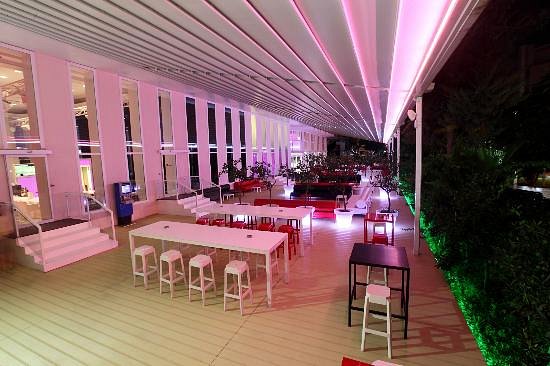
Radisson Blu Hotel, Mersin
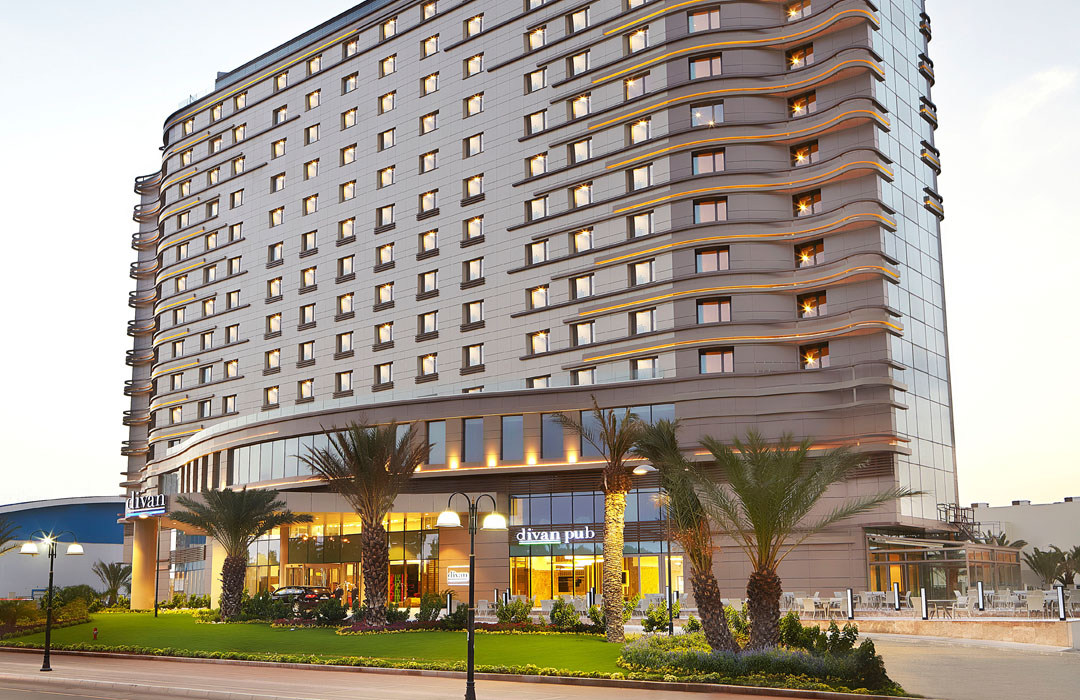
Divan Mersin
RESTAURANTS
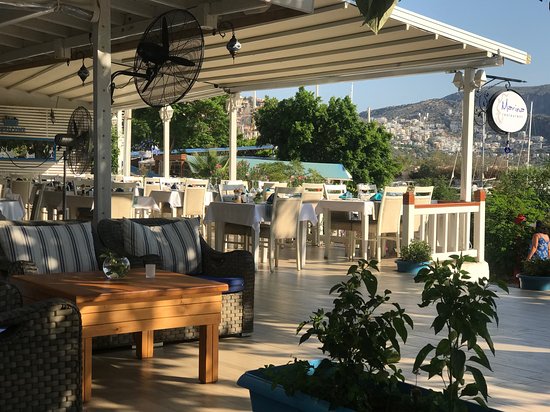
Marina Restaurant
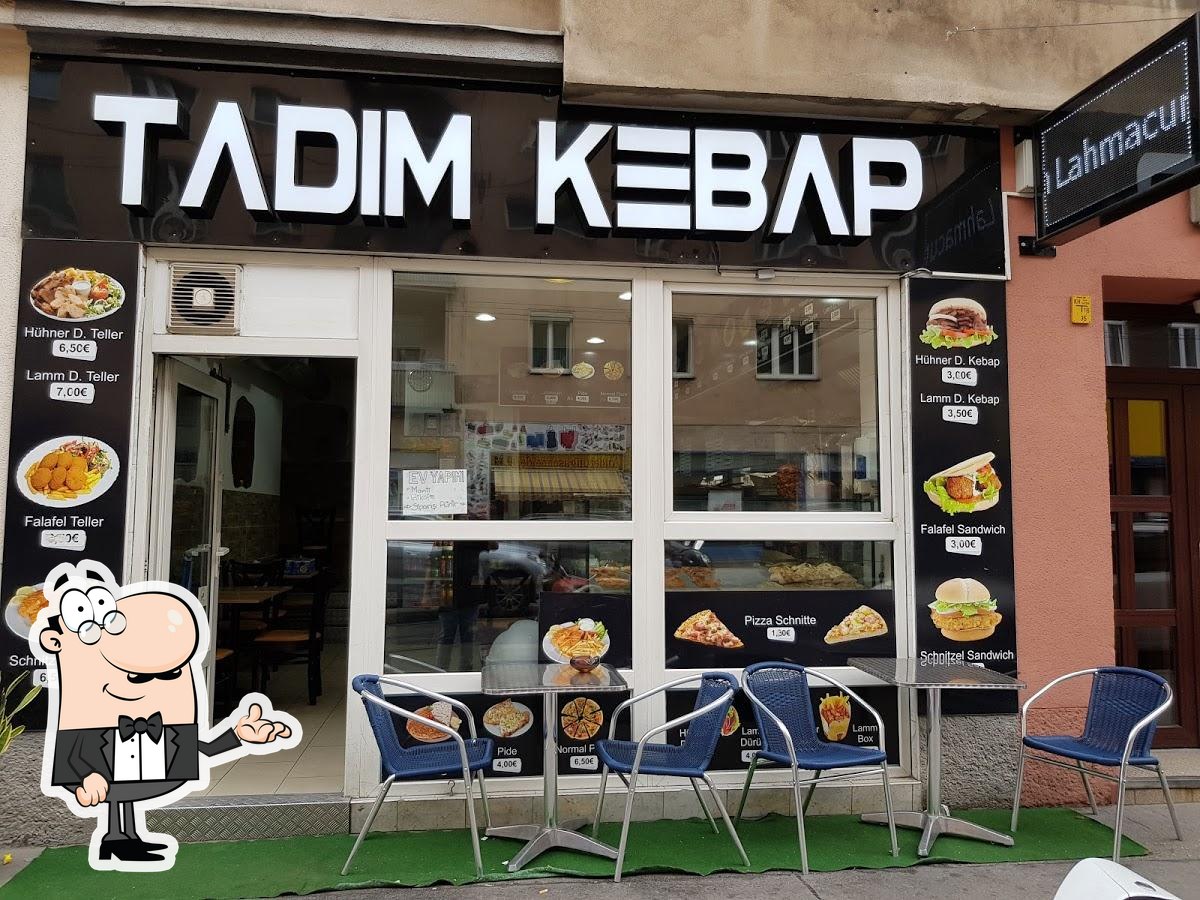
Tadım Kebap
